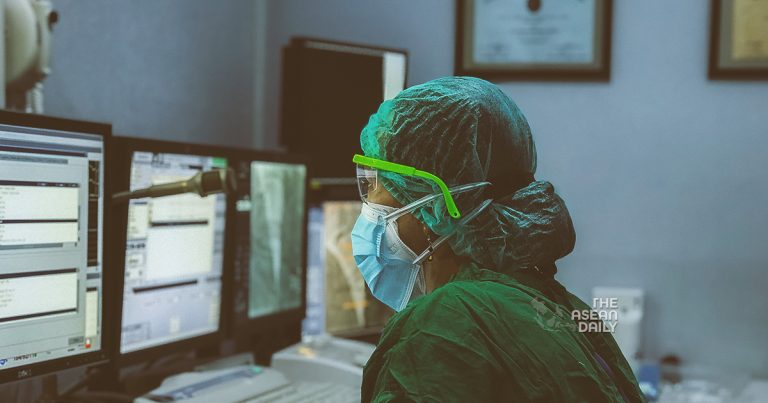26-8-2024 (JAKARTA) The untimely demise of a young medical resident has cast a harsh spotlight on the pervasive culture of bullying within Indonesia’s medical training institutions. Dr Aulia Risma Lestari, a 30-year-old anaesthesia specialist trainee at Diponegoro University’s programme in Dr Kariadi General Hospital, Semarang, was found dead in her rented accommodation on 12 August, sparking a nationwide debate on the treatment of junior medical staff.
Authorities suspect Dr Lestari’s death was the result of self-administered anaesthetic drugs, with police investigating the incident as a possible suicide. Her personal diary, which detailed instances of bullying and expressed suicidal thoughts, has become a crucial piece of evidence in the ongoing investigation.
This tragic event has prompted Health Minister Budi Gunadi Sadikin to acknowledge the “open secret” of widespread bullying in Indonesian medical schools. “Many future specialists want to commit suicide. It’s already a big phenomenon,” Sadikin stated, calling for an immediate end to such practices.
The case of Dr Lestari is not isolated. In August 2020, another medical resident, 28-year-old Albertus Berfan from Airlangga University’s medical school, took his own life following alleged bullying by senior colleagues.
Recent data from the Health Ministry paints a grim picture of the situation. Between July 2023 and early August, 356 reports of bullying were received, encompassing both physical and non-physical forms of intimidation. A health screening in March revealed that 22.4% of surveyed medical residents suffered from depression, with 3% admitting to suicidal or self-harm thoughts.
The bullying often extends beyond verbal abuse and excessive work hours. In a recent case at Padjadjaran University’s medical school in Bandung, two resident doctors were dismissed for forcing junior colleagues to cover senior doctors’ expenses, including hotel stays and car rentals, amounting to millions of rupiah.
Marcelius Patria Prabaniswara, a former orthopaedic and traumatology resident, shared his harrowing experience of physical and verbal abuse during his training in Yogyakarta. “I could deal with physical injuries. But the trauma had a greater impact,” he recounted, explaining his decision to leave the medical profession altogether.
Dr Mirza Mangku Anom, a dentist and social media influencer, has been vocal about the issue. While acknowledging the need for discipline in medical training, he emphasised that punishments should be constructive and directly related to professional development. “Punishments are to help someone become aware of his mistake and to fix it,” Dr Mirza stated, condemning non-educational punitive measures.
The Health Ministry has taken steps to address the issue, including launching a call centre for bullying reports and taking disciplinary action against 39 medical residents and consultants accused of bullying. However, experts like Diah Satyani Saminarsih, CEO of the Centre for Indonesia Strategic Development Initiatives, argue that more fundamental changes are needed.
“One life lost is too many,” Saminarsih declared, calling for transparency and collaborative efforts to formulate regulatory and cultural changes within educational institutions.




